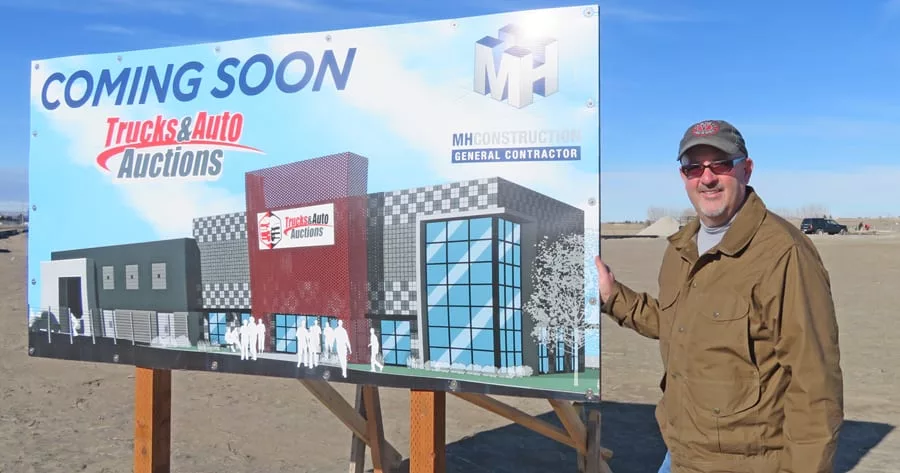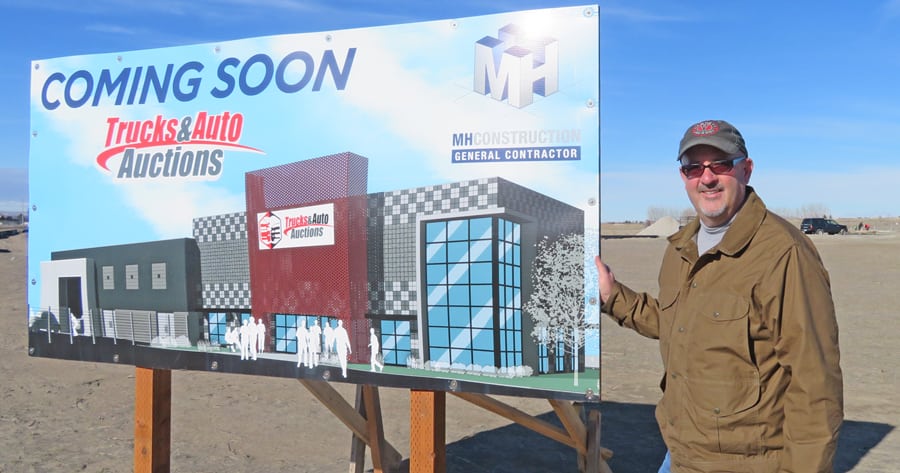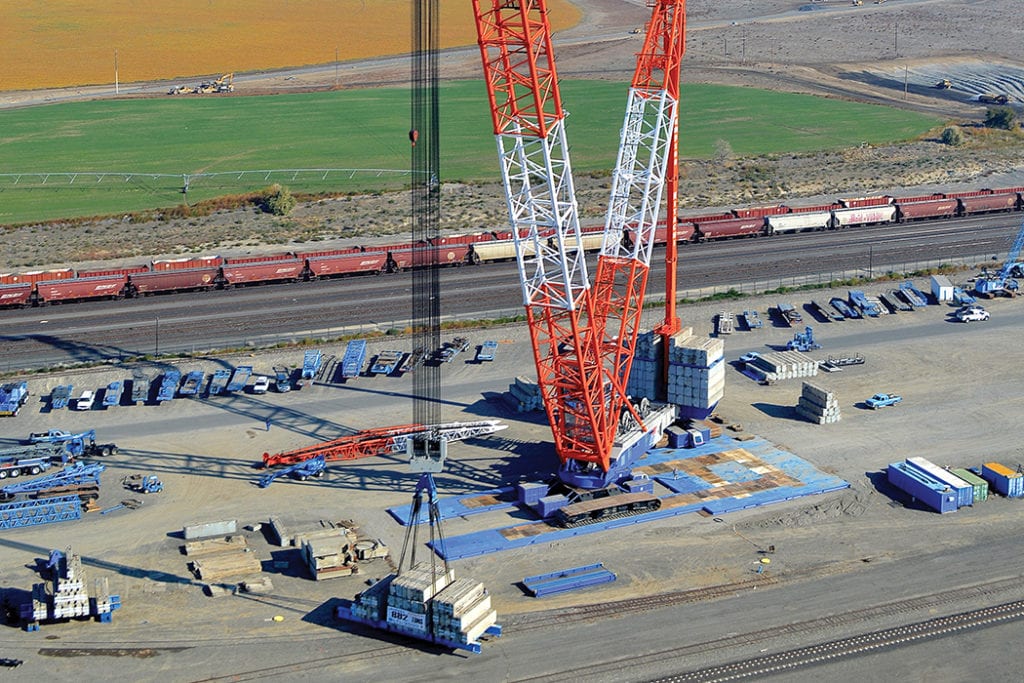
Home » Business owners say airport lease changes could chill investment
Business owners say airport lease changes could chill investment

February 12, 2021
Some of Pasco’s most prominent business owners could delay investing in hangars and other facilities at the Tri-Cities Airport over a proposed lease policy driven by the Federal Aviation Administration.
The Port of Pasco is formalizing some aspects of its existing lease policy, which governs how port-owned land on the airport is leased – and released – to long-term tenants.
While the change is nuanced, airport tenants such as Scott Musser and Bill Lampson fear it could negate the value of the millions they have invested in hangars and other structures on land they lease at the airport.

They worry that “reversionary” language in leases might compel business owners to surrender buildings when their leases expire, nullifying the investment. Reversion clauses are standard in long-term land leases, including the ones in place at Pasco. But the new emphasis is giving owners pause.
“We’ve all made significant investments, to the tunes of millions, in good faith,” said Musser, who is leading discussions with the port.
Port officials pledged to work with the tenants it affects the most during a Jan. 14 meeting conducted by Zoom.
Randy Hayden, executive director, and Buck Taft, airport director, both promised to work on language that ensures businesses in good standing can renew leases when they expire years or even decades down the road.
Airport leases tend to be long-term affairs, extending up to 50 years under FAA rules.
That makes it difficult to issue guarantees.
Taft said the port understands tenants are seeking assurances about what will happen in the future but notes the port can’t give land away forever.
“We’re working on it,” he said. “I think they just want to know how we’re going to handle these.”
For context, 16 leases are set to expire between now and 2040, with some of those held by the same individuals.
Bill Lampson, president of Lampson International, and Musser, president of the auction house that bears his name, say language that compels them to return leased land along with the buildings they’ve constructed over to the port when leases expire could upend the economics of investing in commercial structures on leased land.
Investors expect a return on their investments, through sales or transfers to a new generation of owners. But if they have to turn it over to the port, they could be left with nothing at the end of decades of lease payments.
Musser’s auction business off Argent Road on the airport’s west side offers a handy example of what’s at stake. Part of the business is on industrial land outside the airport fence and part is on “aeronautical” land inside the fence.
The non-aviation business is growing, and he wants to add space, including a $500,000 expansion to house repair bays and other facilities to clean and catalogue the thousands of vehicles auctioned by Musser Bros. each year. He’s holding off until the lease policy is sorted out.
“We’re not going to make that decision until we get finalization,” he said.
Musser’s office and a separate estate business are on the aeronautical side of the fence. The building includes a hangar fronting the airport’s network of runways and taxiways. It’s a convenience that facilitates travel to Musser’s customers and offices in other states.
“It’s nice to walk out the back door of the office, open the hangar door and fly off,” he said.
Lampson International signed a lease for 20 years with two 10-year options to renew and built a corporate hangar two decades ago. It recently entered the first renewal.

The 8,000-square-foot hangar was built to last. Lampson said he intends to use it for a long time to come.
“Like everyone else over there who has made an investment, it’s a nice property and we intend to take care of it. We would like to use it for a long time,” Lampson said.
Like Musser he’s optimistic the tenants and port will find common ground on the new lease language.
Lampson has another concern. His company leases land at another port site, the sprawling Big Pasco Industrial Center on Pasco’s east side. He fears the leasing language adopted for the airport could be used for other sites.
The company has been a Big Pasco tenant for 45 years, where it has installed buildings to house operations to support its heavy-lift crane business. Lampson is one of Big Pasco’s most visible tenants, thanks to the cluster of cranes dotting the property.
Lampson does not “spare the horses” on maintenance, part of its mission to operate facilities the company and the family that owns it can be proud of. But they are investments.
“We would like to have residual value at the end of the day, whatever that might be,” he said.
Real Estate & Construction Local News
KEYWORDS february 2021





